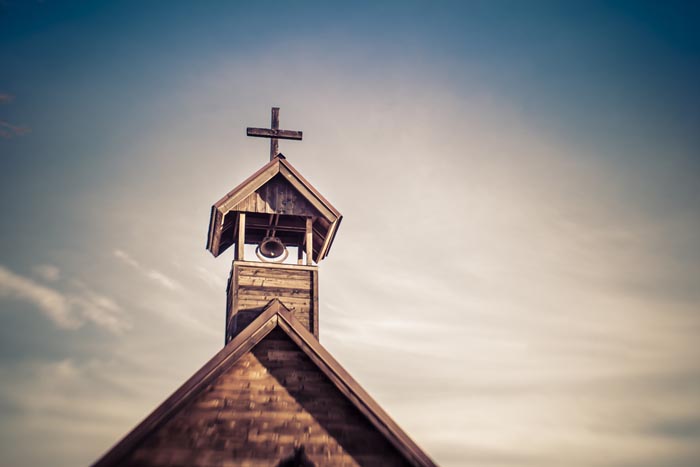Supreme Court Refuses to Hear Case Involving Public School Graduation Held at Church
The one-line order denying review means a suburban Milwaukee school district can't have graduation ceremonies at a non-denominational evangelical Christian church.

On Monday, the U.S. Supreme Court announced it would refuse to hear a case involving the constitutionality of public schools holding graduation ceremonies in churches.
The one-line order denying review inElmbrook School District v. Doeis the first decision issued by the Roberts Court on the issue of government entanglement in religion since last month’s decision in Town of Greece v. Galloway, which ruled legislative prayer practices constitutional, even if those practices predominately favor one religion.
The current case involves graduation ceremonies for the Elmbrook School District, in a western suburb of Milwaukee. In 2000, because the school gym was stuffy and cramped, the school district decided to move its graduation ceremonies to the spacious and air-conditioned Elmbrook Church. Elmbrook Church is evangelical, and during the graduation proceedings there was a large Latin cross “towering over the proceedings,” while Bibles, hymnals, and religious literature filled the pews where students and their families sat. Nine students and their parents sued, claiming holding the public school graduation in a church violated the First Amendment. The U.S. Court of Appeals for the Seventh Circuit agreed, ruling 7 to 2 that holding the graduation in this religious setting violated the Constitution. After sitting on the school district’s petition for review for more than a year, the Supreme Court denied the school district’s request to reconsider the Seventh Circuit’s ruling.
“This case should serve as a warning to public schools that it’s not appropriate to hold important ceremonies like graduation in a religious setting,” said Barry W. Lynn, executive director of Americans United for Separation of Church and State, in a statement after the Court’s decision was announced.
Justices Antonin Scalia and Clarence Thomas dissented from the decision not to hear the case, arguing the decision was “fundamentally inconsistent” with the Court’s earlier decision in Town of Greece v. Galloway, which they claim made it harder to prove coercion from exposure to religious symbols.
Conservative advocates were disappointed with the decision, echoing the dissent’s views that given the Supreme Court’s earlier ruling in Town of Greece v. Galloway the Supreme Court should have taken up this case. “Church buildings should not be treated like toxic warehouses simply because they normally house religious activities,” said David Cortman, senior counsel for the religious advocacy organization Alliance Defending Freedom, in a statement. “That has never been the intent of the First Amendment.”
The denial leaves in place the Seventh Circuit’s decision prohibiting ceremonies from taking place in a church. The Seventh Circuit’s decision is not binding nationwide, however, which means the decision did not ban outright public school districts from holding graduation ceremonies in houses of worship.
